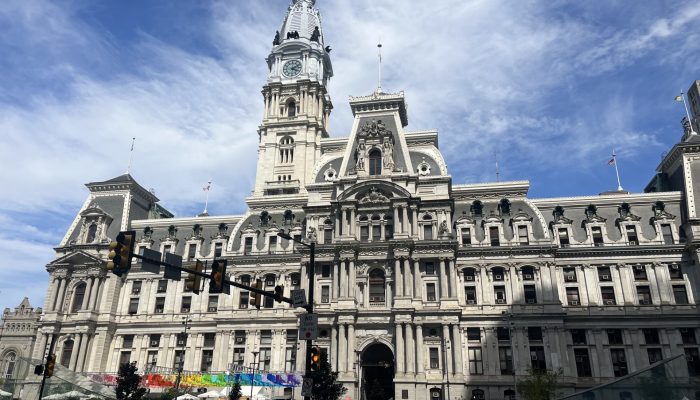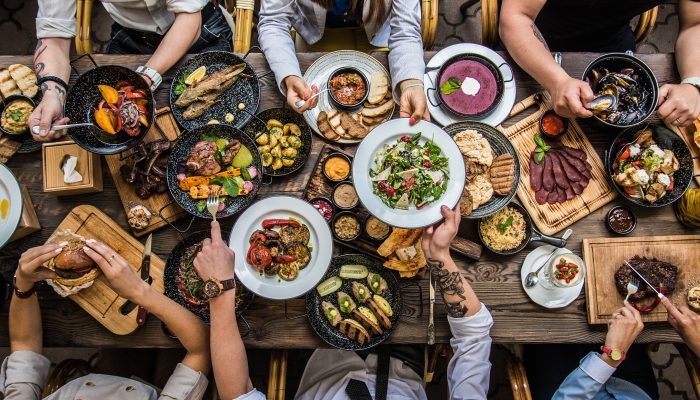Frequently, we look at someone with a chronic disease or someone who is in a particular situation and think that they should have done something differently to avoid that fate. If only, we think. If only they ate better. If only they took better care of themselves. If only they didn’t live in that neighborhood.
In a perfect world, those thoughts might have some validity. But our world is far from perfect.
We live in a world where the zip code you are born in can predict how long you will live. We live in a world where the color of your skin can determine which care you get when you go to the hospital. In a world where your chance of getting a good-paying job still varies by race and ethnicity. This is a world where the personal decisions you make may not forestall tragedy. This is a world where you might not even be able to make decisions that can protect your health.
For many Philadelphians, racism is not just horrible words and crossing the street. Racism also exists on a higher level. Systemic racism is racism that is baked into the fabric of our society and affects each of us in ways that we cannot even see. Systemic racism predisposes Black and Brown Philadelphians to shorter lives, worse outcomes from chronic health conditions, and a higher likelihood of being in traumatic situations.
We know systemic racism as red-lining, but we also know that it exists in medical decision-making charts that assume that Black people can tolerate more pain than White people. We know that industrial plants and factories are situated near communities of color, and we know that even the tree canopy that helps protect us on hot summer days has less coverage in predominantly Black and Brown neighborhoods. All of these things, and so many more are what determine the course of our lives, without us even being aware of them.
During Black History Month, the Health Department strives to highlight public health conditions that are driven by systemic racism.
Gun Violence
Gun violence has impacts that extend well beyond the individual most affected. From family members to faith community members, from neighbors to friends, each time gun violence touches one life, it touches many others. And for many years, those effects were felt disproportionately in predominantly Black and Brown communities in Philadelphia.
With gun violence, as with many public health crises, structural racism drives and informs many of the social determinants of health that contribute to injury and death. For years the regions of Philadelphia most affected by gun violence also have a greater percentage of people living in poverty, lower levels of educational attainment, and more unemployment.
Non-Hispanic Black individuals make up an overwhelming majority of shooting victims year after year. The impact of this is hard to overstate, from the physical harm and its chronic effects, to the toll on the mental health of children exposed to violence, to a lost sense of safety in public spaces meant to bring communities together. While these communities are not defined by these challenges, and while many come together day after today to bring hope and healing to their loved ones and neighbors, it must be acknowledged that they are contending with a long history of intentional and systemic disinvestment in Black and Brown communities.
Throughout the United States, racists practices have had an impact on health, and specifically on gun violence. This history matters, because it must inform how we go forward, together, using the tools of public health to address violence and its effects. This means investing in community transformation, such as changing the built environment, so violence can no longer thrive. It means addressing the policies that allow guns to proliferate on our streets, and creating access to employment and engagement for those most at risk. It means providing comprehensive, trauma informed and culturally competent support to those affected by violence and their families.
History informs us, but it does not define us. A safer Philadelphia is possible, and we must move towards that future with determination.



